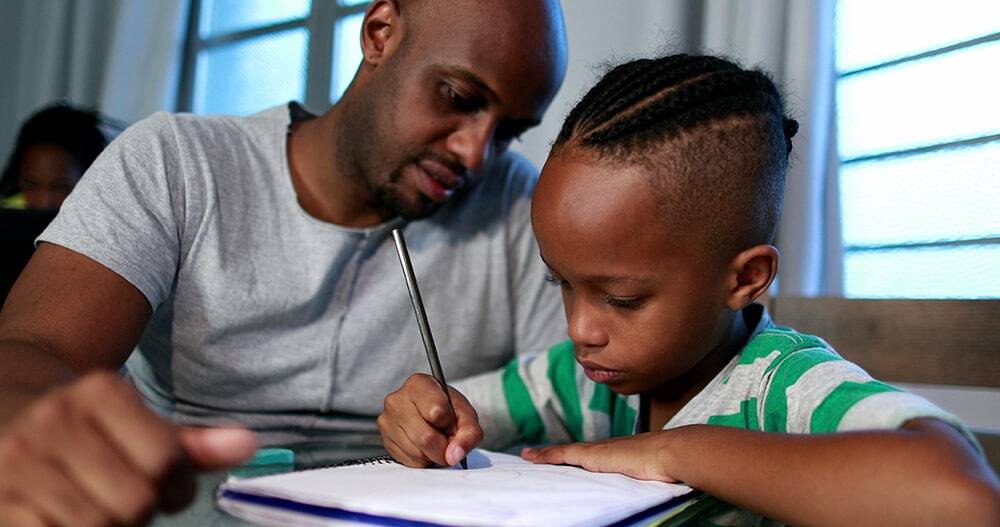
Early childhood teachers often serve as trusted adults outside a child’s family who shape their learning and development. For children impacted by trauma, these educators can provide the stability and understanding that make a lasting difference. Trauma-informed teaching is about more than managing behavior—it’s about creating an environment where children feel safe, valued, and supported.
Understanding the role trauma plays in the classroom helps educators approach challenges with compassion and equips them to make meaningful connections with every child. Here’s why trauma-informed practices are important for early childhood educators and how they benefit children and teachers.

Recognizing Trauma in the Classroom
Trauma can take many forms, including experiences like neglect, abuse, poverty, or exposure to violence. For young children, these events often disrupt emotional development, impacting their ability to learn and connect with others.
In the classroom, signs of trauma can vary. A child might struggle to concentrate or follow instructions, often seeming distracted or “in their own world.” Others might exhibit emotional outbursts, anger, or frustration over small challenges. On the other hand, some children withdraw entirely, avoiding interaction with peers or adults.
When teachers recognize these behaviors as potential indicators of trauma, they can shift their focus from reacting to the symptoms to addressing the root causes. This understanding is the foundation of trauma-responsive teaching.
The Impact of Trauma-Informed Teaching
When children feel supported, they are better able to engage in learning. A predictable and nurturing environment helps them regulate their emotions and develop trust with the adults around them. For teachers, this fosters stronger relationships with students, leading to more positive classroom dynamics and fewer moments of frustration.
Trauma-informed teaching also reduces teacher burnout by equipping educators with strategies to handle challenging behaviors, it removes much of the stress that comes from trying to manage a classroom without the right tools. Teachers feel more confident in their abilities and see the positive impact of their efforts, which creates a more rewarding experience.
How to Implement Trauma-Informed Practices
Trauma-informed teaching is about more than addressing challenging behaviors—it’s about understanding the experiences that shape a child’s actions and creating a classroom where they feel safe to learn and grow. For teachers, this approach builds stronger connections with students, reduces stress, and fosters a more positive learning environment.
Creating a trauma-informed classroom doesn’t require a complete overhaul of teaching methods. It starts with small, intentional changes that promote safety, consistency, and connection.
First, establishing a predictable routine helps children feel secure. Knowing what to expect each day can reduce anxiety and give children a sense of stability. Teachers can also create calming spaces in the classroom where students can self-regulate when emotions become overwhelming. Transition activities can also help children ease into daily routines and develop a sense of structure.
Another practice is modeling emotional regulation. When teachers remain calm and composed, even in challenging situations, it shows children how to manage their feelings. Simple techniques like deep breathing exercises or mindfulness activities can help children build these skills over time.
Building connections with families is also important and can make a difference in the classroom. Families can provide valuable insights into a child’s background and experiences, allowing teachers to better understand their needs and provide consistent support between home and school.
How FirstDay Learning Supports Trauma-Informed Teaching
At FirstDay Learning, we support educators with professional development programs designed to make trauma-informed teaching achievable and impactful. That’s why our professional development programs focus on equipping teachers with tools they can use right away to create supportive, inclusive learning environments.
Our workshops and practice-based coaching help teachers recognize the signs of trauma, implement practical classroom strategies, and manage their own well-being to reduce stress and burnout. We aim to create sustainable solutions that improve outcomes for everyone involved. Contact us online to learn more about the programs we offer or call us at (434) 989-2434—someone from our team will be in touch.



